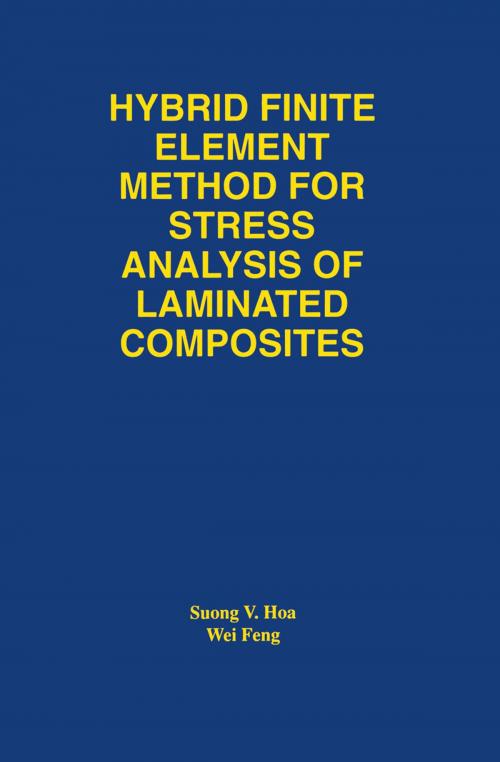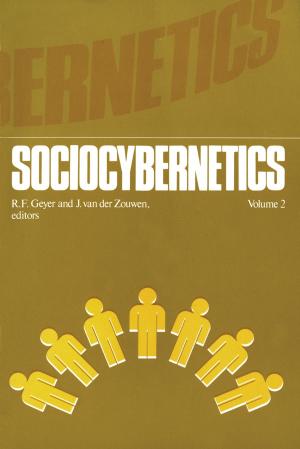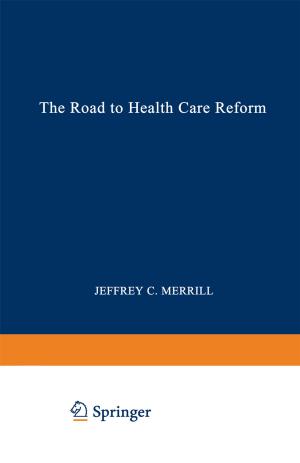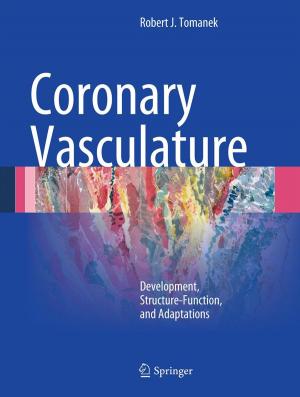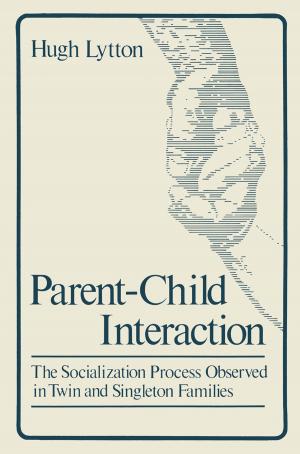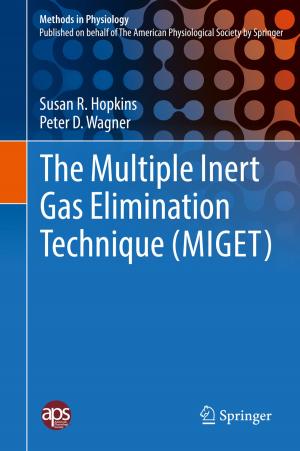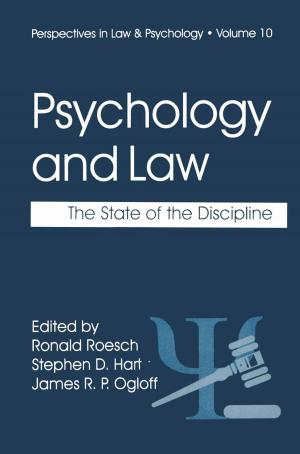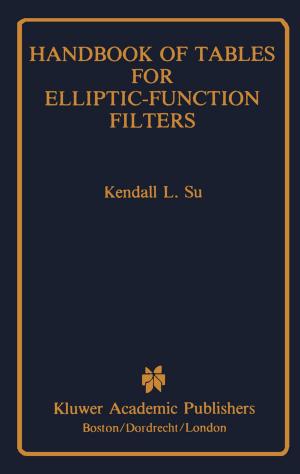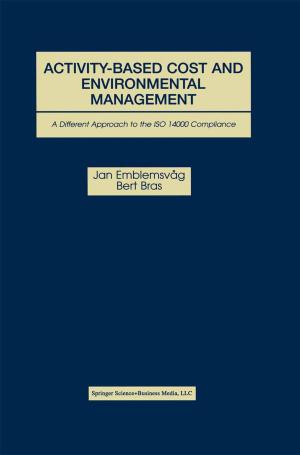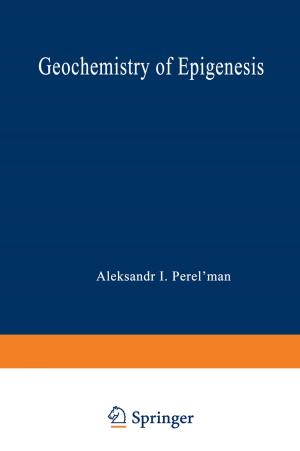Hybrid Finite Element Method for Stress Analysis of Laminated Composites
Nonfiction, Science & Nature, Technology, Material Science| Author: | Suong Van Hoa, Wei Feng | ISBN: | 9781461557333 |
| Publisher: | Springer US | Publication: | November 27, 2013 |
| Imprint: | Springer | Language: | English |
| Author: | Suong Van Hoa, Wei Feng |
| ISBN: | 9781461557333 |
| Publisher: | Springer US |
| Publication: | November 27, 2013 |
| Imprint: | Springer |
| Language: | English |
This book has one single purpose: to present the development of the partial hybrid finite element method for the stress analysis of laminated composite structures. The reason for this presentation is because the authors believe that partial hybrid finite element method is more efficient that the displacement based finite element method for the stress analysis oflaminated composites. In fact, the examples in chapter 5 of this book show that the partial hybrid finite element method is about 5 times more efficient than the displacement based finite element method. Since there is a great need for accurate and efficient calculation of interlaminar stresses for the design using composites, the partial hybrid finite method does provide one possible solution. Hybrid finite method has been in existence since 1964 and a significant amount of work has been done on the topic. However, the authors are not aware of any systematic piece of literature that gives a detailed presentation of the method. Chapters of the displacement finite element method and the evolution 1 and 2 present a sununary of the hybrid finite element method. Hopefully, these two chapters can provide the readers with an appreciation for the difference between the displacement finite element method and the hybrid finite element. It also should prepare the readers for the introduction of partial hybrid finite element method presented in chapter 3.
This book has one single purpose: to present the development of the partial hybrid finite element method for the stress analysis of laminated composite structures. The reason for this presentation is because the authors believe that partial hybrid finite element method is more efficient that the displacement based finite element method for the stress analysis oflaminated composites. In fact, the examples in chapter 5 of this book show that the partial hybrid finite element method is about 5 times more efficient than the displacement based finite element method. Since there is a great need for accurate and efficient calculation of interlaminar stresses for the design using composites, the partial hybrid finite method does provide one possible solution. Hybrid finite method has been in existence since 1964 and a significant amount of work has been done on the topic. However, the authors are not aware of any systematic piece of literature that gives a detailed presentation of the method. Chapters of the displacement finite element method and the evolution 1 and 2 present a sununary of the hybrid finite element method. Hopefully, these two chapters can provide the readers with an appreciation for the difference between the displacement finite element method and the hybrid finite element. It also should prepare the readers for the introduction of partial hybrid finite element method presented in chapter 3.
